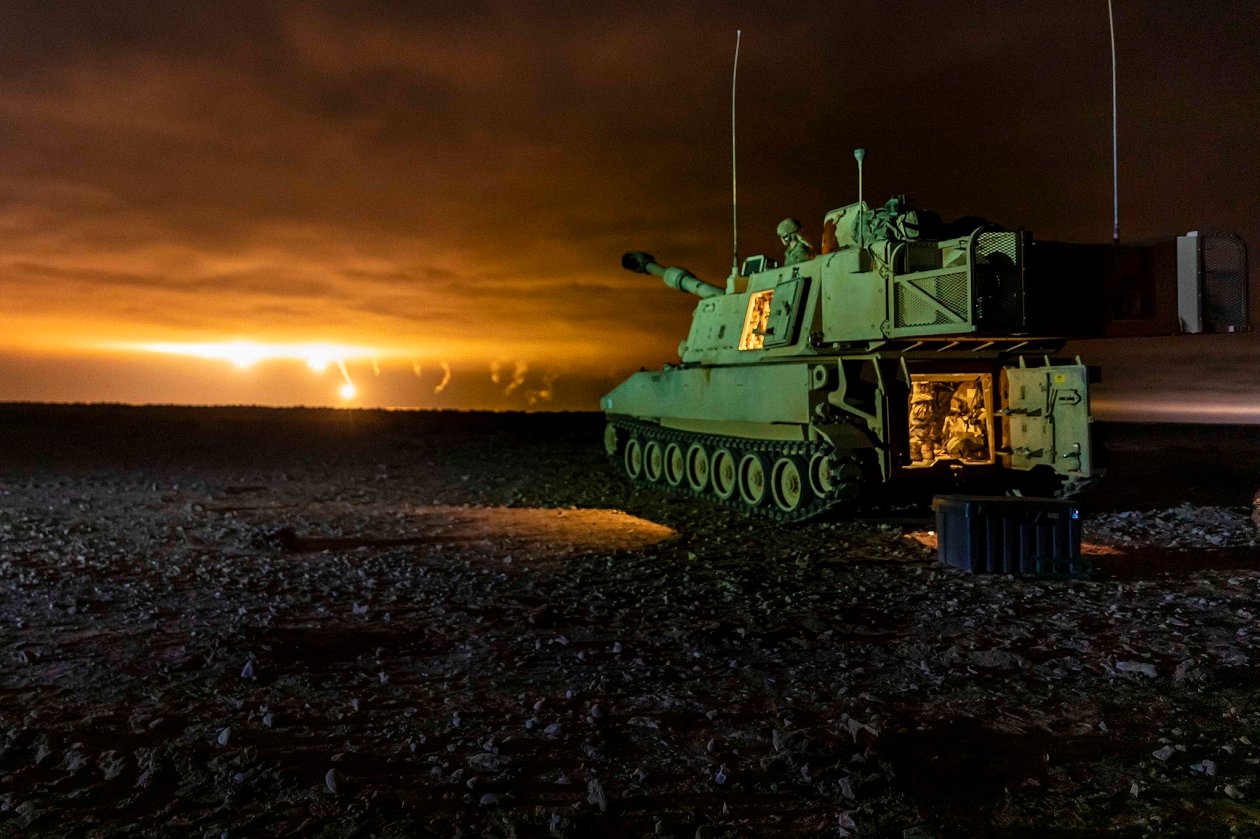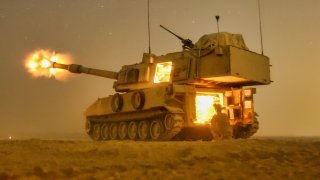Ukraine’s Magnificent but Misguided Kursk Incursion
“It is magnificent, but it is not war. It is madness,” French Marshal Pierre Bosquet said of the futility and reckless bravery of the charge of the British Light Brigade against a fortified Russian position during the Crimean War. With little exaggeration, much the same could be said of Kyiv’s invasion of the Russian province of Kursk a month ago.
“It is magnificent, but it is not war. It is madness,” French Marshal Pierre Bosquet said of the futility and reckless bravery of the charge of the British Light Brigade against a fortified Russian position during the Crimean War. With little exaggeration, much the same could be said of Kyiv’s invasion of the Russian province of Kursk a month ago.
The operation was audacious. Russian defenders were caught off-guard. In a matter of days, Ukrainian forces seized hundreds of square miles of Russian territory and dozens of villages and small towns. The operation boosted the morale of Ukrainian troops and the country as a whole, after months of Russia’s grinding progress inside Ukraine that created the impression that Ukraine was losing the war. Russian President Vladimir was humiliated by the first foreign invasion of Russian territory since the Second World War, by a smaller, non-nuclear power to boot.
Ukraine’s Commander-in-Chief, General Oleksandr Syrskyi claims that the operation is meeting its key objectives: preventing Russia from using Kursk as a staging ground for offensive operations, forcing Moscow to divert forces from other theaters, and easing the pressure on the 600-mile front inside Ukraine, and taking prisoners who can be exchanged for Ukrainian prisoners of war (POWs). Putin, unsurprisingly, has disputed this narrative.
He claims that Moscow diverted few resources to the Kursk region, but enough to halt Ukraine’s advance. He has made clear that his main focus is not the immediate liberation of the Kursk salient, but rather pressing forward with the Russian offensive to seize all of the Donetsk province inside Ukraine. No matter what is happening on the ground, Russia is continuing its withering aerial assault on Ukrainian cities and energy infrastructure.
Although the true situation on the ground might be concealed by the fog of war and deliberate misinformation by both sides, what is clear is that Kyiv’s operation has not reinvigorated Western support, as Kyiv likely hoped. Western media has balanced reports of Kyiv’s tactical successes in Kursk with reports of Russia’s continuing advance in the East, noting that a key logistics hub, Pokrovsk, could fall into Russian hands in the near future. Meanwhile, Washington continues to resist Kyiv’s pleas to allow it to use American weapons for deep strikes into Russia, and efforts to bolster Ukraine’s air defenses continue to lag.
Ukrainian President Volodymyr Zelensky has argued that the Kursk incursion is part of an effort to force Putin to the negotiating table while improving Ukraine’s bargaining position. There is, however, no evidence that Putin is about to get serious about peace talks. If anything, the Kursk invasion has bolstered support for his continuing the war. Moreover, there are reports that Ukrainian-Russian talks to limit strikes on energy infrastructure were scuttled as a result of Ukraine’s invasion.
In short, from the standpoint of Kyiv’s objectives, the Kursk incursion has achieved mixed results at best. However, the larger point is that the operation revealed a flawed strategy. Major offensive operations at this point only divert Kyiv’s limited resources from what its primary task should be: stabilizing the frontlines and protecting the eighty percent of Ukraine’s internationally recognized territory that Kyiv now controls.

Those steps are critical to preserving Ukraine’s independence and creating the conditions in which it can begin internal reconstruction in earnest and undertake the difficult socio-economic and political reforms it needs to advance integration into the Euro-Atlantic community. Successful integration will provide the best guarantee against future Russian aggression that Kyiv seeks. Yes, the Kursk incursion has been spectacular, but it remains a dangerous diversion from the strategy Kyiv should be pursuing.
About the Author:
Thomas Graham, a distinguished fellow at the Council on Foreign Relations, was the senior director for Russia on the National Security Council staff during the George W. Bush administration.
Image Credit: Creative Commons.


